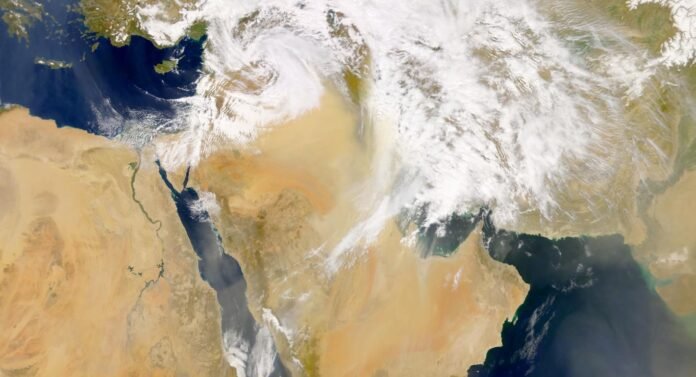Sabeeka Khalifa Al-Fadala, a member of the Shura Council and the Advisory Board of the Supreme Council of the Gulf Cooperation Council (GCC), emphasized the need for Gulf countries to unite against natural disasters. She made these remarks at the second meeting of the Advisory Board for the twenty-eighth session in Oman. Al-Fadala focused on strengthening Gulf-wide efforts in disaster management.
She stressed that the Gulf countries face increasing challenges from both natural and human-made disasters. Therefore, Al-Fadala emphasized the importance of improving legal frameworks for environmental protection and crisis management. The GCC nations need to cooperate more effectively to address these challenges.
The Advisory Board’s goal is to build a unified Gulf system to tackle issues of common concern. Al-Fadala highlighted the responsibility the board holds in meeting the aspirations of GCC leaders. The board works toward enhancing coordination and turning efforts into tangible progress in disaster response and environmental protection.
Unified efforts to confront natural disasters require strengthening legal frameworks and enhancing national preparedness. Al-Fadala pointed out that GCC leaders have shown strong commitment to mitigating the effects of natural disasters. They achieve this through regional coordination, policy development, and legislation. Additionally, they focus on improving early warning systems through modern technology.
The meeting also addressed the unification of environmental laws across GCC states. This process ensures consistency and integration, facilitating more effective enforcement and monitoring. It also calls for specialized oversight bodies equipped with advanced technology to ensure compliance with environmental standards. Strict penalties would reinforce the importance of adhering to these standards.
Al-Fadala stressed the need to strengthen partnerships between GCC countries and environmental organizations. These partnerships help exchange knowledge, leverage best practices in environmental management, and support renewable energy research. The board also discussed educational campaigns aimed at raising awareness about pollution reduction and sustainable technologies.
A major topic of discussion was the establishment of a regional disaster center. This center would oversee disaster coordination, implement emergency plans, and enhance early warning systems. Additionally, Al-Fadala emphasized using modern technology to monitor the environment and analyze risks. The center would also facilitate partnerships, both regional and global, to share expertise in disaster management.
In conclusion, unified efforts to confront natural disasters remain crucial for the GCC states. By working together, they aim to create stronger environmental protection frameworks and more efficient crisis management systems. These collective efforts will improve regional preparedness and build a more resilient future for the Gulf countries.


